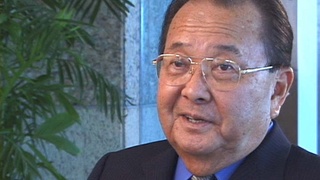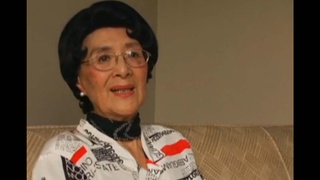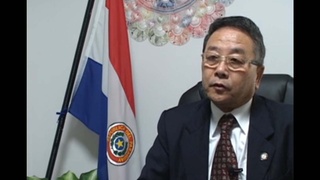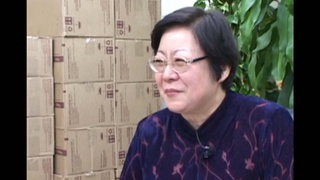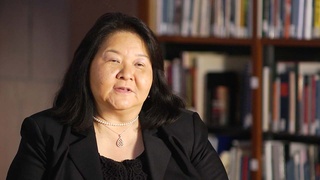Interviews
Longing to be an imperial soldier as a youth (Japanese)
(Japanese) Until the beginning of the Pacific War, I was never bullied or singled out as American-born or Japanese-American. But two days after the attack on Pearl Harbor – in Japan, that was December 8th, so it would have been December 10th – I passed by a classmate in the hallway at school, and when I said, “Good morning,” he said back, “Hey, it’s an American spy! Go back to America!”
Right after I entered elementary school, war broke out between Japan and China, then, when I was in sixth grade, the attack on Pearl Harbor happened. Japan was swept up in a current of militarism; everyone was gung ho for nationalism. So, no doubt about it – I was to become a solider. That is my wish, I said. I took the entrance exam for the military academy and was about to enter when the war ended.
Date: January 31, 2012
Location: California, US
Interviewer: John Esaki, Yoko Nishimura
Contributed by: Watase Media Arts Center, Japanese American National Museum






